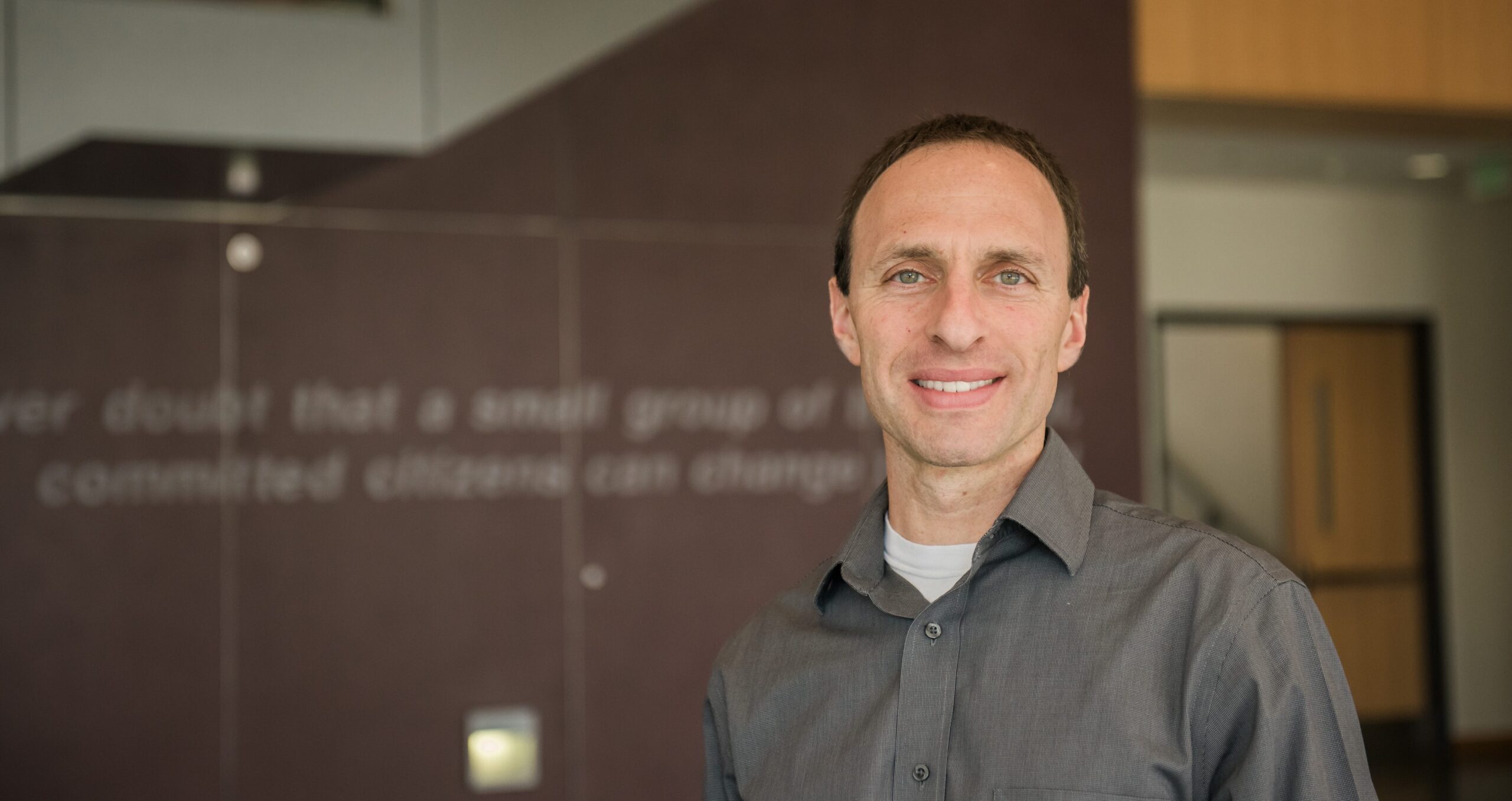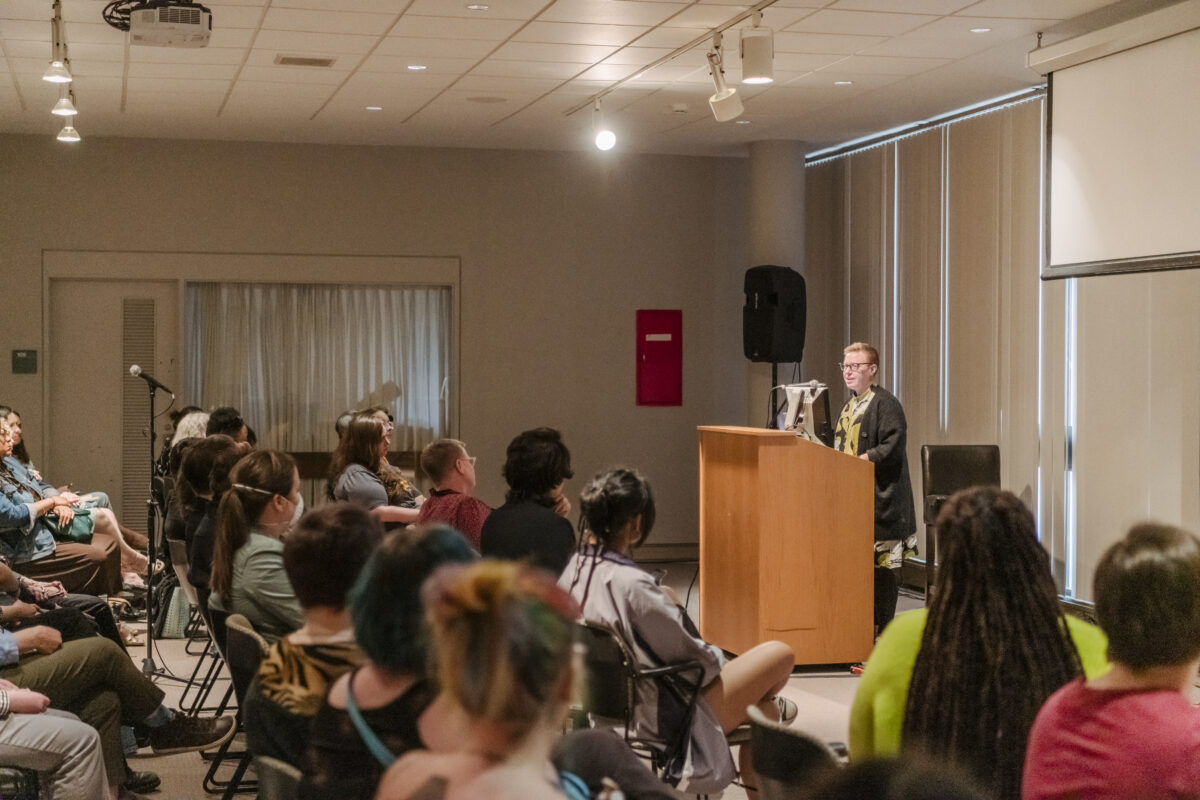During the last two decades, Brian Grodsky has spent significant time talking to citizens who have been fighting for political change in countries like Poland, Uzbekistan, Serbia, Croatia, Russia, and South Africa. The result is a new book that is a thorough examination of how the most recent wave of democratic revolutions has actually threatened the future of democracy.
Grodsky, an associate professor of political science, is the author of The Democratization Disconnect: How Recent Democratic Revolutions Threaten the Future of Democracy (Rowman and Littlefield 2016), which closely looks at how recent democratic revolutions have played out over time. In countries that Grodsky spent time in as a researcher and professor, and also while working as a reporter and acting Foreign Service Officer at the U.S. Embassies in Poland and Uzbekistan, he discovered that leaders of these countries’ pro-democracy opposition movements often pushed for democratic reforms for vastly different reasons than the citizens wanted.
“These people, the masses, were struggling for change. They were struggling for greater human rights, for greater human dignity,” explains Grodsky. “The democratization disconnect comes in here where elites and non-elites, the people on the streets, sometimes have a very differing balance of economic and political understandings of what human dignity really is.”
Because democracy has become the internationally legitimate form of government, Grodsky says that many leaders promised democracy in their rise to power. After the revolutions, many of these same leaders found their publics bitter at being left with similar challenges, especially economic ones, to those they faced before.
“False promises and unmet expectations cheapen the idea of democracy and the whole idea of democratization, not just in these countries, but in many of the other countries where people are watching these democratization cases,” says Grodsky. “We’ve seen this all over the world.”
Grodsky notes that recent examples in the Middle East with the Arab Spring and past examples such as the color revolutions in Eurasia on the surface champion the idea that democracy has come of age, but at the same time threaten the idea of democratic legitimacy.
“I’m writing this book now because we are at this precarious period where I think we can still save democratic legitimacy and we can still move forward with democratization,” says Grodsky. “But in order to do this we need to stop and we need to think about what people are after.”
Grodsky, an expert in comparative politics, human rights, democratization, and Post-Communist issues is also author of Social Movements and the New State (Stanford University Press 2012) and The Costs of Justice (University of Notre Dame Press 2011). Read more about his most recent book, The Democratization Disconnect.
Read media coverage of Grodsky’s book below:
Trump, Clinton and the future of global democracy (The Conversation)
Democracy in the world of Donald Trump: The future of the global system (Salon)
Trump, Clinton and the future of global democracy (SF Gate)
Democracy Lab Weekly Brief (Foreign Policy)
Democratic Disneyland: Will Trump kill democracy as we all know it? (Biz News)
How will the 2016 election shape the future of democracy in the U.S. and throughout the globe? (Spare Min Podcast)
Image: Brian Grodsky. Photo by Marlayna Demond ’11 for UMBC.
Tags: CAHSS, PoliticalScience, Research




